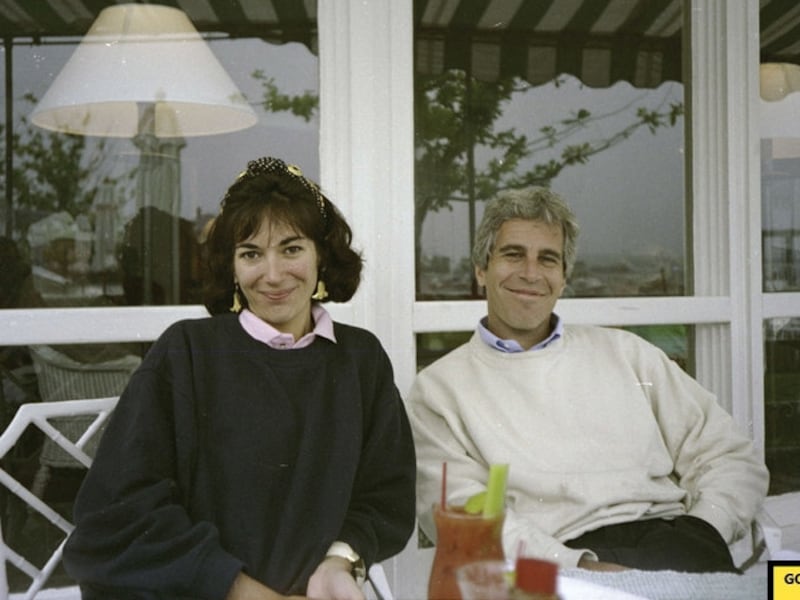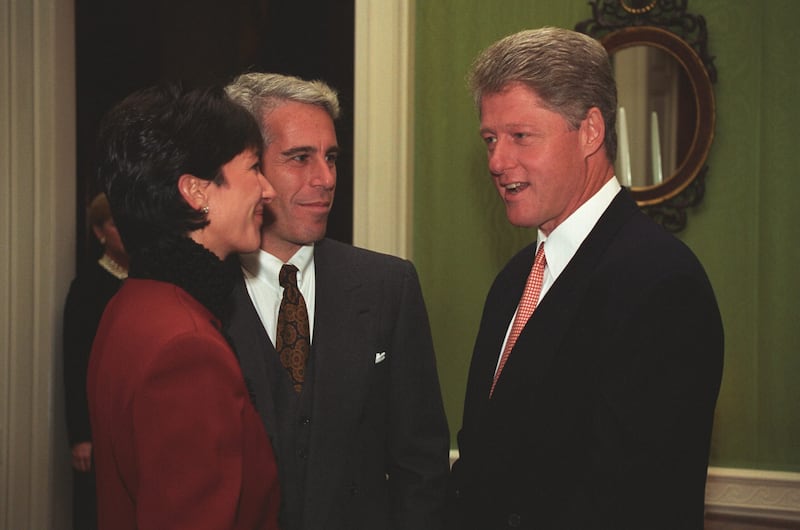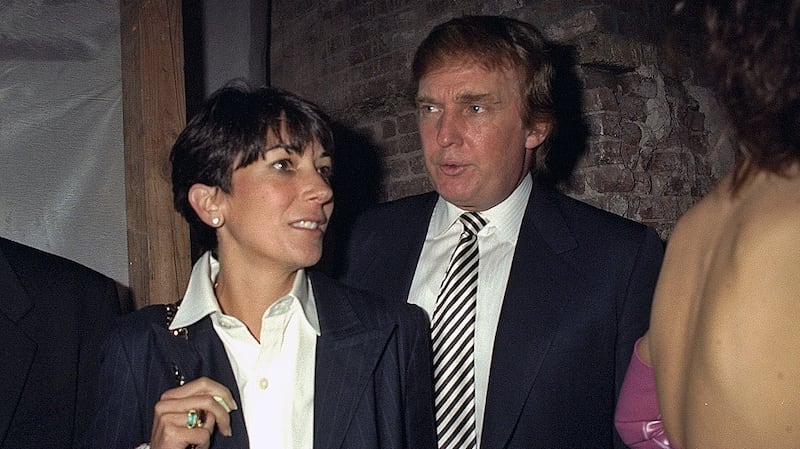Ghislaine Maxwell’s legal maneuvering with Donald Trump took another twist Tuesday, as she begged a federal judge not to unseal grand jury transcripts related to Jeffrey Epstein’s case—something the president ordered be done last month.
Maxwell, who was just transferred to a relatively cushy prison camp after meeting with a Justice Department official, indicated in a court filing that she has not yet viewed the full grand jury testimony from Epstein’s case.
The convicted sex trafficker said that, having no clue what may have been said about her or her former boyfriend, she must oppose Trump’s demand that the grand jury testimony be unsealed.
“Jeffrey Epstein is dead. Ghislaine Maxwell is not,” her motion read. “Whatever interest the public may have in Epstein, that interest cannot justify a broad intrusion into grand jury secrecy in a case where the defendant is alive, her legal options are viable, and her due process rights remain.”

The Justice Department said in a filing Monday night that “much” of the Epstein grand jury testimony was already made public previously. That hinted that Trump’s order for the unsealing, which he made on the same evening that The Wall Street Journal published a report that accused him of once writing a birthday letter to Epstein, may have been more for show than substance.
Maxwell was convicted of sex trafficking and conspiracy in 2021 for “perpetrating heinous crimes against children,” the DOJ said at the time. She is approximately four years into a 20-year prison sentence, but is in the process of appealing her conviction.
“Given that she is actively litigating her case and does not know what is in the grand jury record, she has no choice but to respectfully oppose the government’s motion to unseal it,” wrote her lawyers, David Oscar Markus and Melissa Madrigal, in Tuesday’s motion.
Prosecutors use grand jury testimony to determine whether official charges should be brought against a suspect. This allows for evidence that is not typically viable in a criminal trial to be brought forward and considered, which, Maxwell’s attorneys note in her motion, may include “hearsay” or other claims not backed up by hard evidence.

Such proceedings are kept secret to protect the reputation of individuals who are not yet formally charged, and also to encourage candid testimony. However, Maxwell has already been convicted, and it appears she fears grand jury testimony may further harm her long-shot hopes of winning an appeal.
Trump has faced immense pressure from his MAGA base regarding his ties to Epstein, who once said on tape that he believed he was Trump’s “closest friend.” The two men, who both frequented New York and Palm Beach, Florida, were photographed together multiple times over the years.

Trump also appears in many photographs with Maxwell. When pressed on whether he might consider pardoning her, he has refused to rule it out.
Maxwell’s transfer from a low-security prison, where she spent her nights in a locked jail cell, to a minimum-security prison camp, where inmates live in open dormitories and participate in a “puppy program,” has accelerated theories that Trump is giving Maxwell preferential treatment and may consider pardoning her.
Critics suggest Trump is hoping that his treatment of Maxwell may lead her to provide testimony to Congress that puts an end—or softens—growing conspiracies that he was involved in, or knowingly looked past, her and Epstein’s trafficking of children for rape and molestation.
Maxwell’s attorneys did not respond to a request for comment Tuesday.









